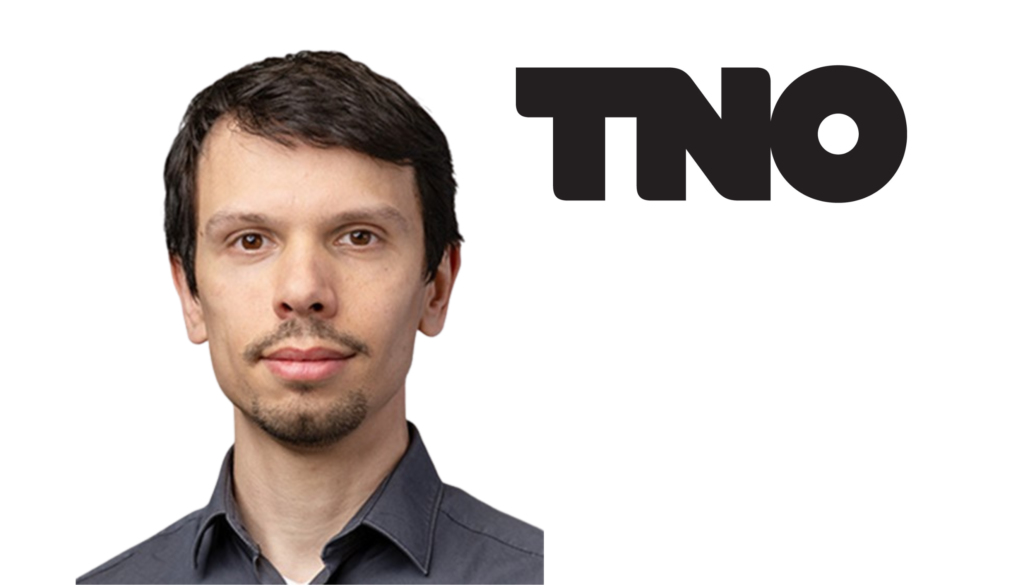What was your original motivation to become a researcher?
I have a background in mechanical engineering, which aligns well with my general interest in technology. After specializing in dynamics and control, I observed that the field of sustainable transport brings together various technical disciplines. In addition, it is a field where technology can contribute significantly to the overarching societal goal of reducing emissions. For instance, by integrating innovative technologies in logistics, we can not only enhance efficiency but also make a meaningful impact on our environment.
What is your (main) research area today?
In the upcoming decade, the transport sector is set to make the large change towards sustainable mobility. At the Powertrains-expertise group in TNO we investigate a range of technologies that will play a role here, with a focus on applications on the on-road heavy-duty, off-road, and maritime fields. Complementary, our colleagues at the Sustainable Transport and Logistics-group are expert at measuring and assessing the emissions of fleets of vehicles and translating these results to effective policies and legislation.
As member of the powertrains-group, I’m most involved in the modelling and analysis of electric trucks. This includes assessments like the ones we perform in ZEFES, but also the development of (real-time) Digital-Twins in other projects.
What is the main focus of your team in ZEFES?
Or team fulfils the assessment-role in the ZEFES project and we are leading WP8. In this work package a lot of information and data of the various other work packages is gathered and consolidated into Key Performance Indicators (KPI’s). Where necessary, we supplement the data with simulations to make the comparisons fair in terms of environmental conditions, but also in order to allow reporting of the data without revealing intellectual property of the partners involved.
From all your activities within the project, what are you the most proud of/keen to share with the public?
Although still to-be-written, the WP8 final reports will assess and summarize the achievements of the ZEFES project, and extrapolate these towards implications for the transport sector in Europe. Most impressive here is the fact that the conclusions will be based on vehicles actually operating in real-world logistics scenarios, with a total driven distance of roughly 1 million kilometres. These results are important, as they will serve as practical examples for other parties and will feed back in to the societal debate regarding the energy transition.
How do you expect the ZEFES results will impact your organisation and the transport sector in Europe?
For TNO these experiences gained in ZEFES are indispensable. We learn about the practical considerations and challenges by working with project partners, logistic companies. Furthermore, the availability of data of the latest generation vehicles, allows us to further develop our methodologies and answer societally relevant questions. On a broader scale, the ZEFES project will results in valuable lessons-learnt for the transport sector, and pragmatic advise towards the legislative bodies, such as the EC.


